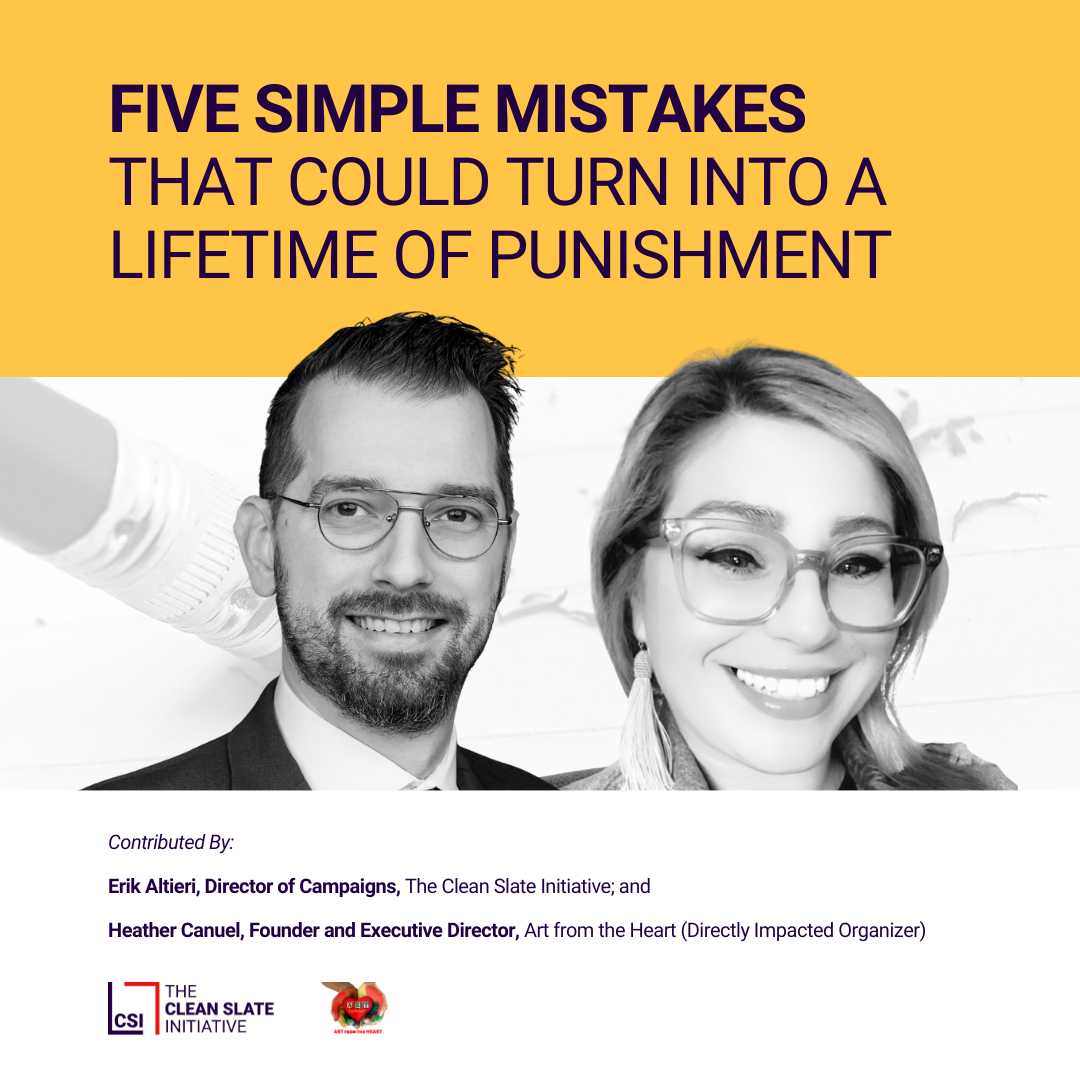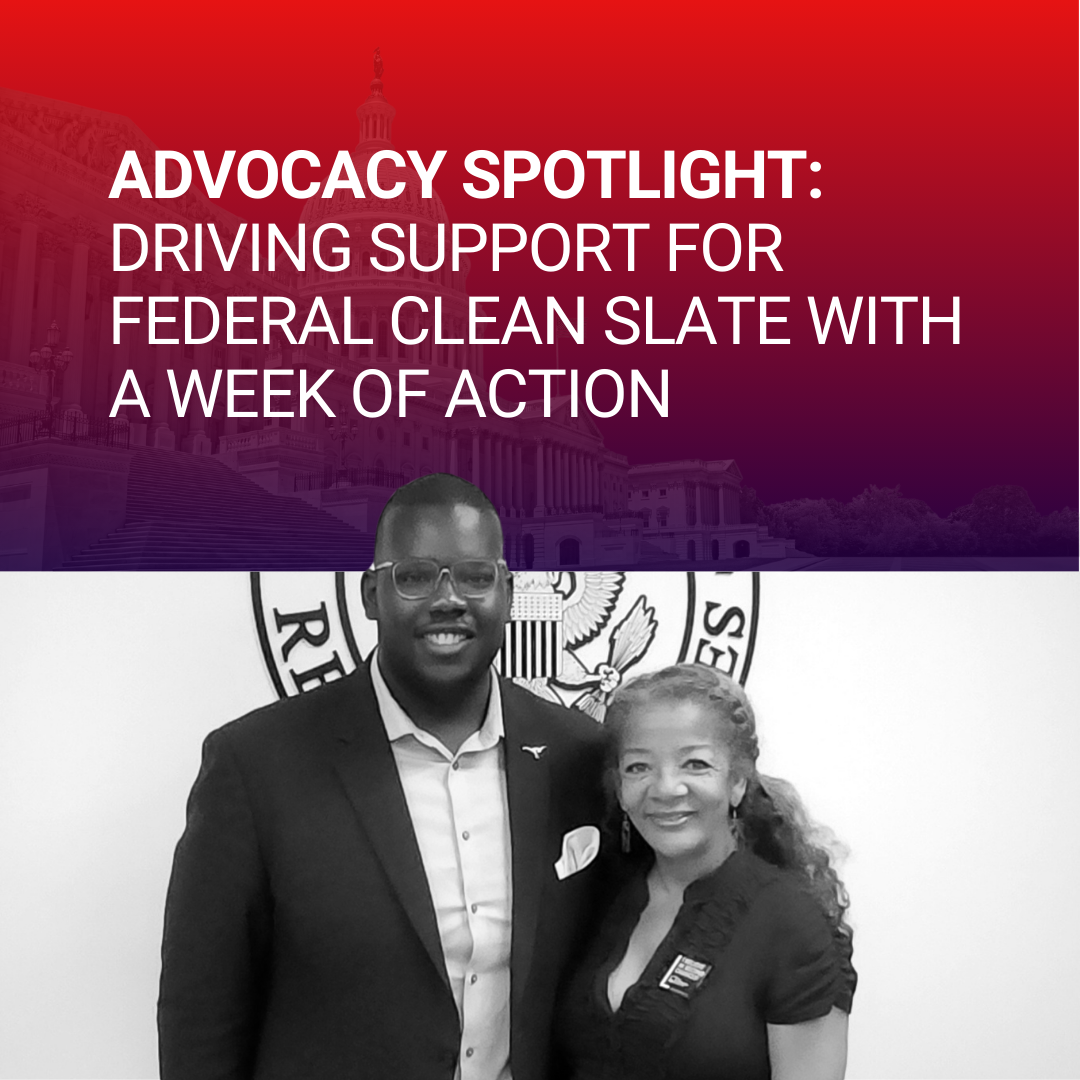New Research on the Labor Market Impacts of Clearing Non-Conviction Records

Research conducted in partnership with The Clean Slate Initiative was recently published as a National Bureau of Economic Research (NBER) working paper titled, “Can you Erase the Mark of a Criminal Record? Labor Market Impacts of Criminal Record Remediation” by Amanda Agan (Rutgers University) and her colleagues Andrew Garin (Carnegie Mellon University), Dmitri K. Koustas (University of Chicago), Alexandre Mas (University of California, Berkeley), and Crystal Yang (Harvard University).
This research analyzed part of the earliest version of Pennsylvania’s Clean Slate law that automated the sealing of non-conviction records.
The study used a strong, causal research design to determine the labor market impacts of automatically clearing non-conviction records in Pennsylvania.
Using IRS data and records from the Administrative Office of the Courts (AOPC) in Pennsylvania, the researchers found that the young adults with only non-convictions on their record and whose non-conviction records were sealed between June 2019 and June 2020 did not have significantly different wages or employment outcomes compared to those whose records were not sealed due to owing fines and fees at the time. There was suggestive evidence that clearing recent non-conviction records was beneficial for Black people.
Gig platform work, such as Doordash, Uber, etc., showed a marginally significant increase, particularly for those with more recently cleared charges.
The study could not analyze the impact of sealing non-conviction records that are less than 1-2 years old.
The study’s court data ended in April 2018, and the sealings under the first version of Clean Slate took place between June 2019 and June 2020, thus, the study could not analyze the impact of sealing non-conviction records that are less than 1-2 years old. It’s possible these earlier sealings could have a different impact.
The study’s findings may have been impacted by the COVID-19 pandemic.
The Pennsylvania analysis restricted the sample to 18 to 25-year-olds to ensure they had no other prior convictions by the start of the dataset, which dated back to 2008. Records were cleared right around the time of the COVID-19 pandemic. Although both the individuals who had their non-convictions sealed and the control group who did not, experienced the pandemic equally, it is the case that younger workers experienced higher rates of unemployment and more precarious employment after the onset of the COVID-19 pandemic. Thus, it’s possible treatment effects would have been different under different labor market conditions.
This study raises important questions for future research and points to the need to study the impacts of clearing conviction records and laws that meet The Clean Slate Initiative’s policy minimums.
Future research should build on this study of automatic non-conviction record clearance and examine the labor market impacts of clearing conviction records. In 2020 (implemented in late 2021), Pennsylvania expanded eligibility by removing the requirement related to court fines and fees. Starting in June 2024, Pennsylvanians will be able to have some low-level and drug felony convictions sealed under its “Clean Slate 3.0” law.
In addition, future research should build on this study to study outcomes outside of the labor market, such as housing, education, families, civic engagement, health, and mental health.
Overall, more research is needed to understand how automatic record clearance could benefit those who earn a second chance.
The Clean Slate Initiative will fund future research projects to expand on the existing research in several important areas, including:
- Studying employment outcomes outside of the COVID-19 pandemic.
- Examining other employment outcomes for which we still need an understanding, including the impacts that being notified about Clean Slate eligibility has on individuals’ job-seeking behavior and determining how long it takes individuals to gain employment following record clearance.
- Confirming that the correct records are being cleared from government and third-party background check companies’ databases (recent research and the extensive public database on individual complaints held by the Consumer Financial Protection Bureau suggest there is more work to be done on these issues).
- Researching the impacts of Clean Slate laws on not only employment and earnings but also housing, education, families, civic engagement, health, and mental health.
With more studies that cover longer periods of time, the impact of stronger, more expansive versions of Clean Slate policy, and more individuals becoming aware of their Clean Slate eligibility, we can have an even more robust understanding of the potential impacts of Clean Slate legislation.
The Clean Slate Initiative continues to invest in a comprehensive research portfolio to address these areas and more.
.avif)
.avif)

.png)


